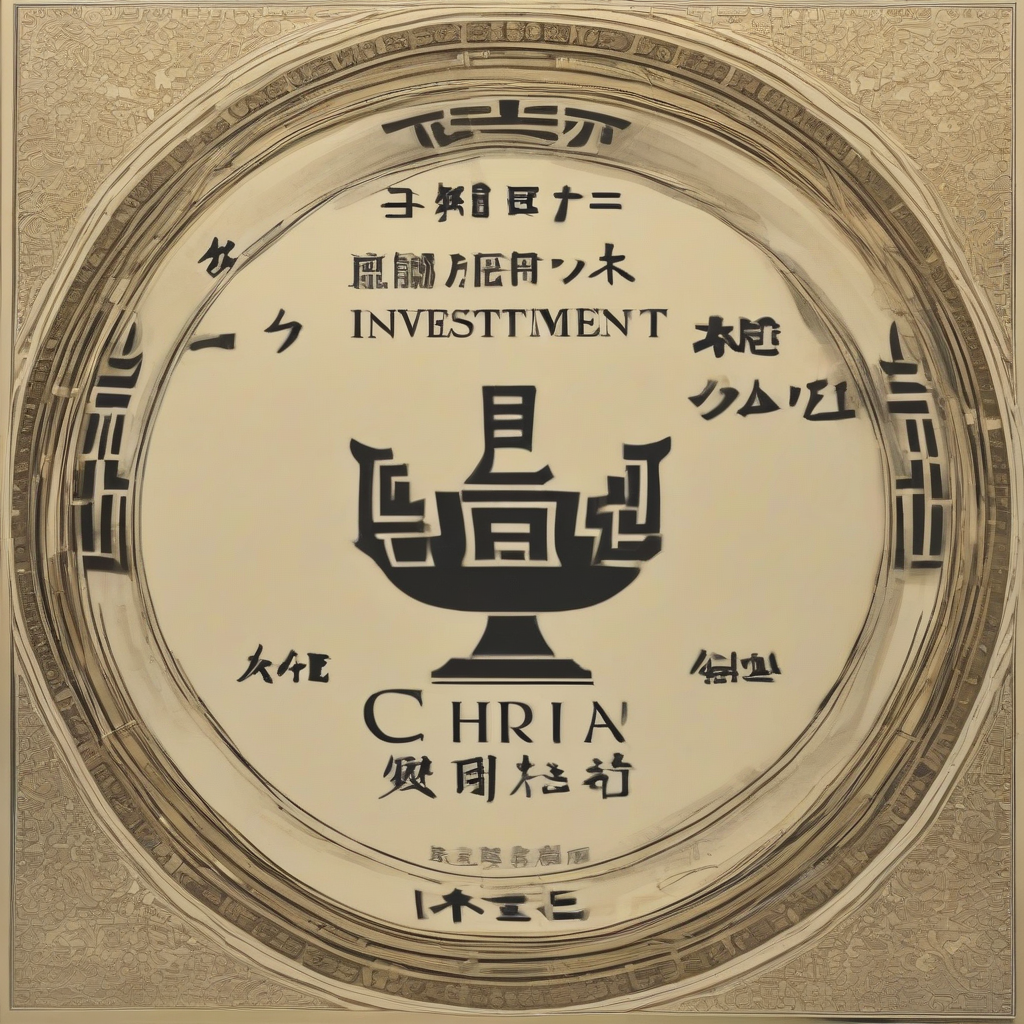Outsourced Chief Investment Office: A Comprehensive Guide

Outsourced Chief Investment Office: A Comprehensive Guide
What is an Outsourced Chief Investment Office (OCIO)?
An Outsourced Chief Investment Office (OCIO) is a third-party firm that provides comprehensive investment management services to institutional investors, such as pension funds, endowments, and family offices. OCIOs typically offer a range of services, including:
- Investment strategy development and implementation
- Portfolio construction and management
- Asset allocation and risk management
- Performance monitoring and reporting
- Investment due diligence and manager selection
- Regulatory compliance and reporting
Why Consider an OCIO?
There are several reasons why an institution might consider outsourcing its investment management function to an OCIO. Some of the key benefits include:
- Access to Expertise: OCIOs have specialized expertise in investment management, including asset allocation, manager selection, and portfolio construction. They can provide access to a wider range of investment opportunities than a typical in-house team.
- Cost Savings: Building and maintaining an in-house investment team can be expensive. OCIOs can offer cost-effective solutions, particularly for smaller institutions.
- Scale and Resources: OCIOs have the scale and resources to invest in sophisticated technology and research, giving them an advantage in the marketplace.
- Objectivity and Independence: OCIOs are not beholden to any particular investment philosophy or manager, giving them greater objectivity in their decision-making.
- Focus on Core Business: By outsourcing investment management, institutions can focus on their core business and strategic objectives.
Key Considerations When Choosing an OCIO
Selecting the right OCIO is crucial for success. Here are some important factors to consider:
- Investment Philosophy and Approach: Ensure the OCIO's investment philosophy aligns with your own goals and risk tolerance.
- Experience and Track Record: Look for an OCIO with a proven track record of success and a strong team of investment professionals.
- Transparency and Communication: The OCIO should be transparent in its investment process and provide clear and regular communication.
- Fees and Costs: Understand the fee structure and potential costs associated with using an OCIO.
- Conflicts of Interest: Ensure the OCIO has clear policies to manage conflicts of interest.
- Technology and Reporting: The OCIO should have the necessary technology and reporting capabilities to meet your needs.
Types of OCIO Services
OCIOs offer a range of services, tailored to the specific needs of their clients. Some common types of OCIO services include:
- Full-Service OCIO: Provides comprehensive investment management services, including strategy development, portfolio construction, manager selection, and performance monitoring.
- Advisory-Only OCIO: Provides strategic advice and guidance, but does not manage the portfolio directly.
- Customized OCIO: Offers tailored services based on the specific needs and requirements of the client.
Benefits of Using an OCIO
There are numerous benefits to outsourcing investment management to an OCIO, including:
- Improved Investment Performance: OCIOs typically have a strong track record of delivering superior investment returns.
- Reduced Risk: OCIOs can help reduce investment risk by providing sophisticated risk management strategies.
- Increased Efficiency: Outsourcing investment management can free up internal resources to focus on other strategic priorities.
- Enhanced Compliance: OCIOs have expertise in regulatory compliance and can help institutions stay ahead of changing regulations.
- Access to Innovation: OCIOs are constantly evolving and adopting new investment strategies and technologies.
Challenges of Using an OCIO
While there are many benefits to using an OCIO, there are also some potential challenges to consider:
- Finding the Right OCIO: Selecting the right OCIO is crucial for success and can be a complex process.
- Communication and Transparency: Maintaining clear and consistent communication with the OCIO is essential.
- Fee Structure and Costs: Understanding the fee structure and potential costs associated with using an OCIO is important.
- Conflicts of Interest: OCIOs may have conflicts of interest, so it's important to understand and mitigate these risks.
- Loss of Control: Some institutions may feel uncomfortable relinquishing control of their investment decisions.
Conclusion
Outsourced Chief Investment Offices (OCIOs) can be a valuable tool for institutions seeking to enhance their investment management capabilities. By providing access to expertise, cost savings, and increased efficiency, OCIOs can help institutions achieve their investment goals. However, it's essential to carefully consider the factors outlined in this guide to ensure that you choose the right OCIO for your specific needs.
What's Your Reaction?

















